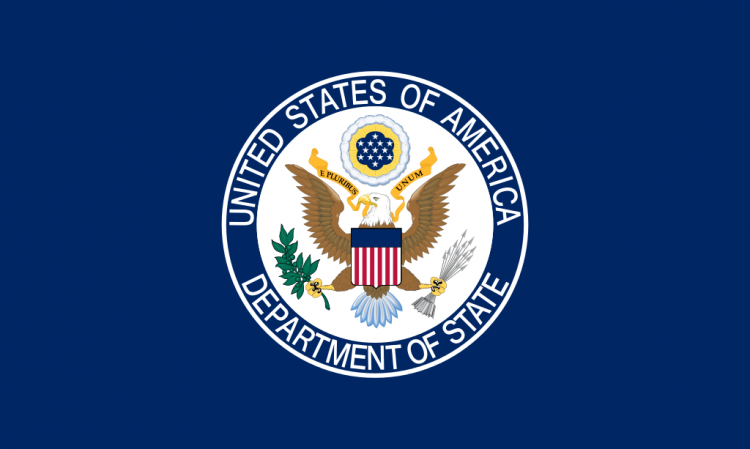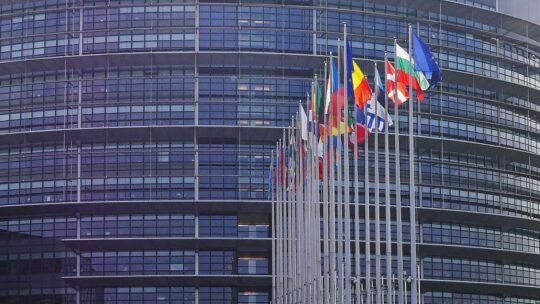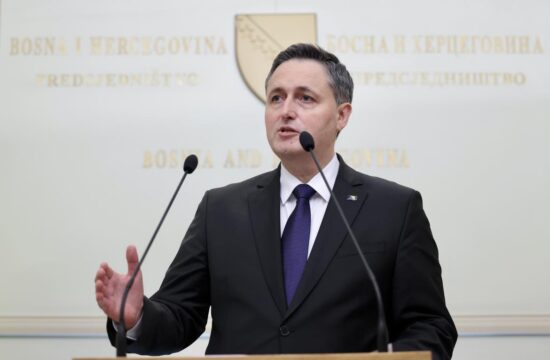
Bosnia and Herzegovina remained a cooperative counterterrorism partner and continued to increase its counterterrorism capacity in 2017. Legislative loopholes and lenient sentencing, however, remained major challenges, said the Bureau of Counterterrorism at the US State Department.
“Bosnia did not pass any legislation at the national level in 2017. The sub-state entity Republika Srpska adopted a new criminal code that aligns terrorism offences with international standards and criminalizes membership in foreign paramilitary and para-police forces,” the report said.
The US State Department's group noted that Bosnia indeed does have laws prohibiting membership in para-military and para-police organizations at the state level, but sentencing remained a major challenge.
According to them, foreign terrorist fighters frequently received sentences below the minimum prescribed by Bosnia's criminal code, a result of judges taking mitigating circumstances into account.
“Although the Ministry of Justice (MoJ) proposed a draft list of amendments to strengthen foreign terrorist fighter/counterterrorism legislation in 2017, there was little political will, including in the MoJ, to secure buy-in,” the report said. “The State Investigation and Protection Agency (SIPA) is the lead law enforcement unit performing counterterrorism functions. With approximately 25 officers working on counterterrorism cases, its effectiveness is limited.”
Particularly worrying was their conclusion that law enforcement cooperation continued to suffer from interpersonal and institutional infighting.
“Bosnia's state Prosecutor’s Office-led task force met only two times in 2017, and public disagreements between the Acting Chief Prosecutor, Minister of Security, and SIPA leadership undermined strategic progress on counterterrorism initiatives,” the Counterterrorism Bureau stressed.
They pointed out Bosnia's the main religious communities (Catholic, Islamic, Jewish, and Orthodox) as positive examples in the country who worked together through the Interreligious Council on the promotion of tolerance and confrontation of acts of bigotry or violence directed at any of these communities.




